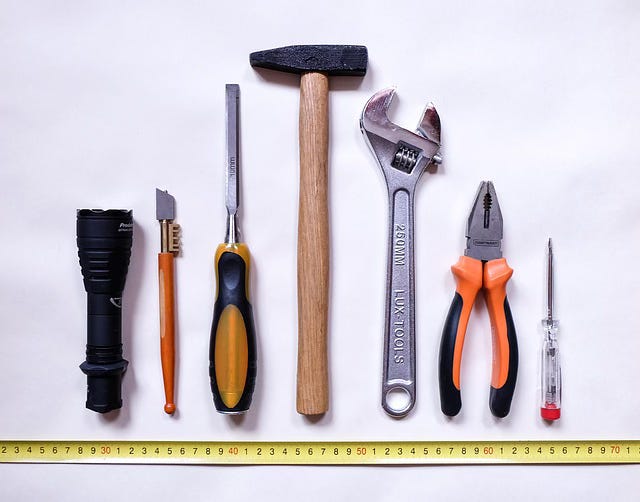Fix the Systems
Start-ups believe the problem lies in our house. Problems are embedded in the systems.
I recently attended a conference for home health and home care providers. I attended in order to find partners for our Certified Caregiving Consultants, who can offer services through Medicare Part B provider.
Within about 10 minutes of arriving on the first day, I connected to someone working on a start-up to help family caregivers. She wants to develop a platform to organize the home care providers and professional caregivers we use. She shared how confusing and time-consuming organizing the providers and professionals caregivers can be.
That is the truth.
It’s confusing and time consuming because the system doesn’t have enough professional caregivers. For instance, we may have to use more than one agency because just one agency won’t have the staff to meet our needs. We also may have to hire family members or friends because using two agencies still doesn’t mean we have reliable, affordable help.
The owner of this start-up experienced this when she cared for her mom. She hired a nurse to help her find and organize her help. The nurse became the solution that made all the difference in her caregiving experience. But her start-up solution isn’t about connecting family caregivers with professionals who can help because they know how the systems work. The solution is creating a software platform to keep track of staff, which doesn’t solve the problem of not having enough affordable, available, trained staff.
Because the systems don’t work, we can’t work the systems. It’s the system problem that impacts us.
We don’t need a platform, which adds to our data burden because then we have one more platform to manage. Creating a spreadsheet that’s easy to share with others who help is all we need.
This start-up founder is in good company. Our caregiving space is full of start-ups that launch platforms that fail because they start-up founders simply misunderstand the root of the problem. In this situation, the problem lies in the system, which can’t attract enough professionals to manage the demand. Solve that problem — nurturing a large pool of professional caregivers earning a living wage while providing affordable services — and family caregivers are good.
Why does it matter that a start-up misunderstands the problem?
Because it drains resources. A start-up that goes belly-up seems to only impact the owners. The ignorance of the caregiving experience and the systems, though, affects all of us. It’s a waste of our time that we have to spend so much time trying something that we later realize won’t work because it doesn’t solve our problem, which is embedded in the system.
It’s also an ineffective use of money. We need to invest money in taking care of professional caregivers rather than in developing software and platforms for family caregivers which will not make a difference.
The problem isn’t in our home. The problems are within the systems.
I’ve lost count of how many start-ups enter our space without understanding the space. It’s one of the reasons we struggle so much. The starts-up believe they can fix our experience. In truth, we’re not broken. The systems are.
So, what’s the solution? Keep talking about your experience and your challenges. When we educate, we change incorrect assumptions. When we share honestly about the broken systems we have to manage, we turn the attention from others believing we need to be fixed to others understanding the systems need to be fixed.
Updates
I hosted an informational meeting yesterday about our pilot program which helps you resolve three care challenges with five free coaching sessions. Watch the archive to learn more.
Connect with a Certified Caregiving Consultant on February 8 and receive a free coaching session during our special event, Coaching for Caregivers.


Absolutely! At the base of the systems is a lack of concern for care. It can't be entered onto a corporate spreadsheet and it flies in the face of individualism. I have been starting to learn about the 'care economy' and there is such a loooong way to go. It's not that we aren't yelling - it's that we are not heard.
Every caregiver I know has employed a ‘workaround’, a spreadsheet, a way to get information..we don’t need productivity organisers. The minimum we need is a system that we can trust and communications that are reliable, fast and accurate to ALL health stakeholders for the person. Often we have to chase, follow up and close the loop to ensure timely actions. Don’t get me started on Emergency situations. I count our blessings for the doctors and specialist nurses that we have built relationships with along our cancer journey.